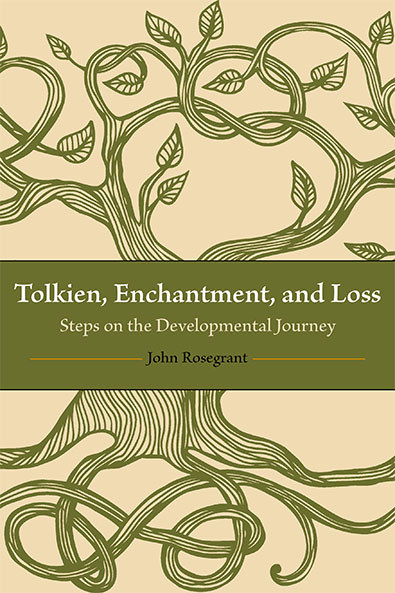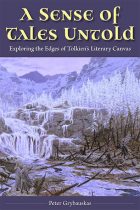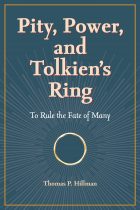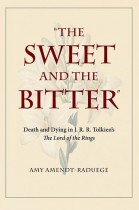Tolkien, Enchantment, and Loss
Steps on the Developmental Journey
Literature & Literary Criticism, Tolkien, Lewis, and Inkling StudiesJohn Rosegrant
Tolkien’s enchanted worldview as literary form and as psychological struggle
Focusing on the themes of enchantment and loss in the fiction of J. R. R. Tolkien, this unique study incorporates elements of developmental psychology to explore both Tolkien’s life and art, deepening our understanding of the interrelationship between his biography and writing.
As John Rosegrant relates, Tolkien’s early years saw a good deal of trauma: the loss of both parents, serious illness, poverty, and battlefield action during World War I, including the loss of close friends. Yet he presents an enchanted worldview in the stories of Middle-earth, and that tension between enchantment and disenchantment—as it results from significant trauma and loss—lies at the very heart of Tolkien’s creative endeavors.
In short, Tolkien’s creative effort can be understood, especially from the perspective of his own psychological development, as a way to maintain a sense of enchantment in the face of great personal loss. Throughout our lives, at several stages we must surrender earlier forms of enchantment and develop more mature forms so that life does not become barren, drab, or dismal. As Rosegrant argues, Tolkien found ways to use his personal losses and struggles to address universal psychological issues in his art, giving his work great emotional sophistication and complexity.
Tolkien, Enchantment, and Loss both deepens our understanding of Tolkien and helps us to recognize how Tolkien widens and enriches our understanding of life.
John Rosegrant is a practicing psychoanalyst who has published numerous papers on topics including play therapy, dreams, fairytales, Harry Potter, the World of Warcraft computer game, and Ursula Le Guin, and is also the author of The Gates of Inland young adult fantasy series. His work on J. R. R. Tolkien has appeared in Tolkien Studies, Mythlore, and American Imago.





